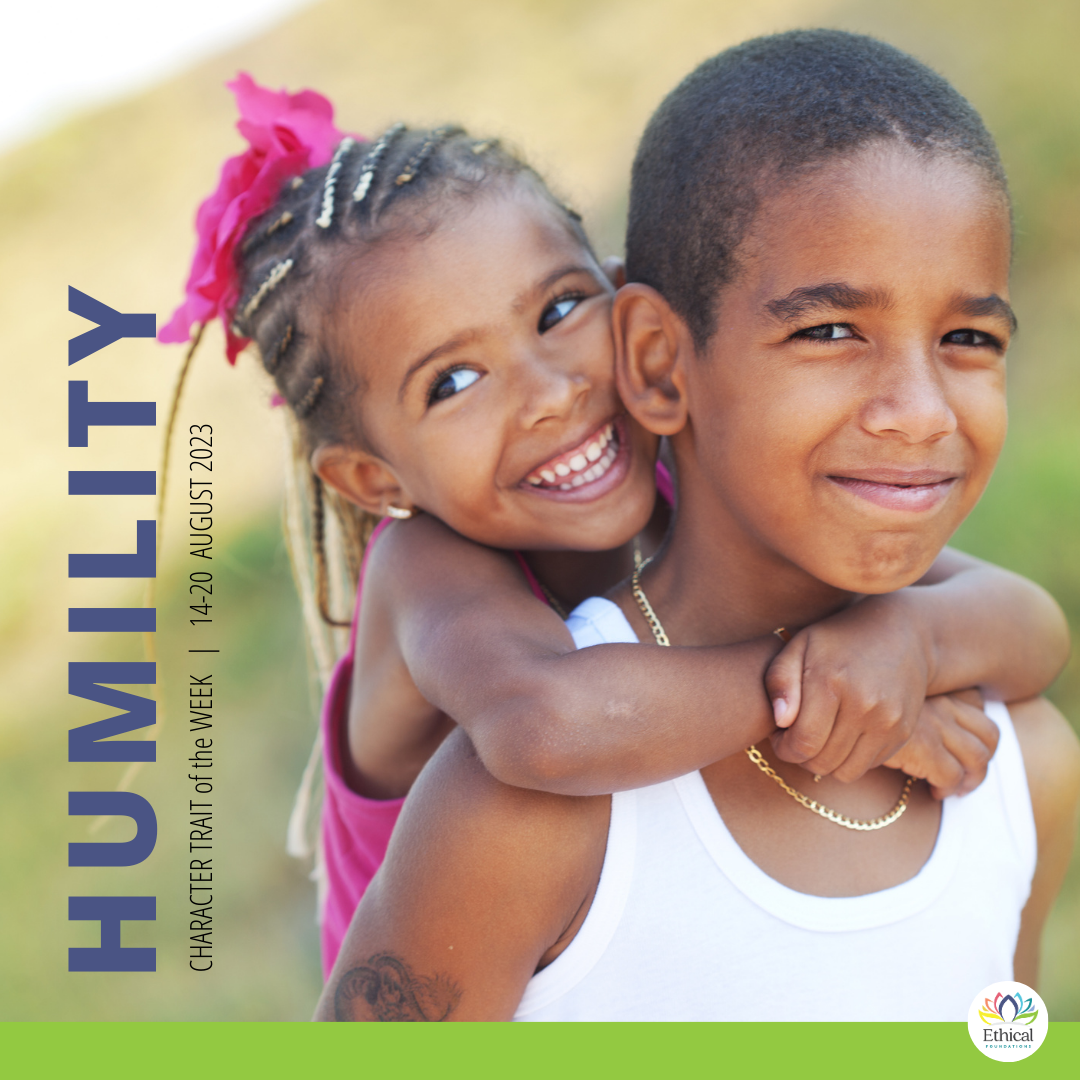14 Aug Humility
Growing Humble Humans
Parenting is a job we give ourselves for 18+ years around the clock – 24/7. Parenting demands our constant focus on what we want to give our child, which may include growing humble humans because of how it benefits them.
While you want your child to be humble, you also want them to be confident. It is a balancing act that is difficult for everyone. You want your child to be aware of their strengths while also recognising their limitations, plus treat everyone with respect.
To nurture humility in your child, build their awareness of what they value, what they are good at, and what areas they can grow in.

Help your child understand that everyone makes mistakes, regardless of age. Share with them that everyone has strengths and weaknesses. Weaknesses, or growth areas, are opportunities that require extra effort to develop and grow. Everyone has both.
Realising that everyone has individual strengths and weaknesses, which we will call growth areas, helps a child realise they are the same as everyone else.
Getting curious about what makes them sparkle and what makes others shine enables them to see the positive in everyone, including themselves.
Understanding they might be able to help a fellow student who struggles with an area they excel in could make them feel empathic towards their peers.
Knowing that their peers can also return the favour and support them in areas or topics they would like to develop within themselves helps them comprehend the meaning of humility.
Encouraging empathy promotes understanding and respect for others, plus appreciation for where others are at in their growth and development journey.
One of the critical aspects of humility is reflection. Learning from our mistakes is a natural growth path. People who reflect on their past actions and behaviours discover what they aim to do differently next time. We all have room for improvement. It’s a constant quest to become who we desire to be.
Growing up to be a humble human also includes practising gratitude by applying our knowledge to real-life situations. Educating children to convey appreciation for experiences or individuals who have contributed to their development empowers them to uphold a positive perspective.
Ezra Taft Benson once stated, “Pride is concerned with who is right, humility is concerned with what is right”.
This great quote allows us to figure out our sense of personal integrity and how some experiences impact our lives. Does the answer align with your values?

Sorry, the comment form is closed at this time.